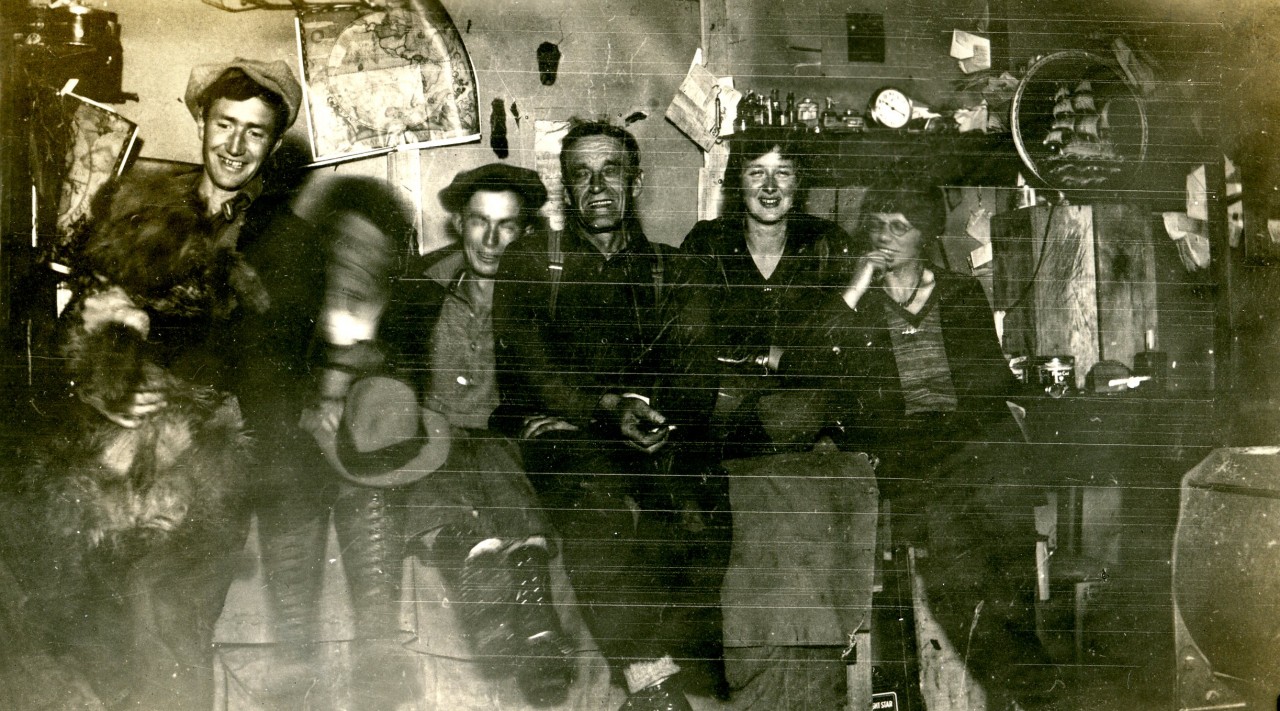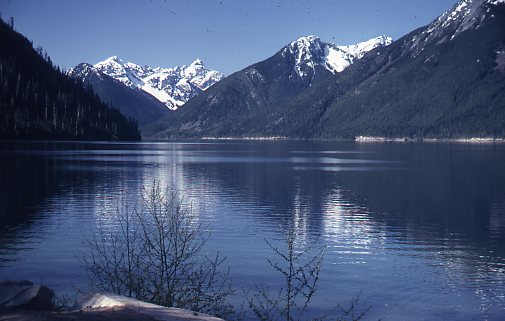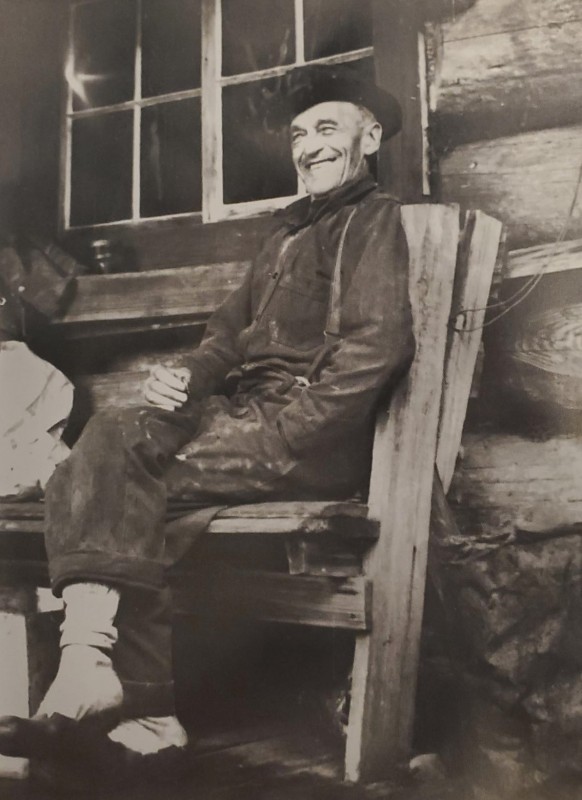The following post was written by Archives Technician, Matthew Cook
“I went to the woods because I wished to live deliberately, to front only the essential facts of life, and see if I could not learn what it had to teach, and not, when I came to die, discover that I had not lived.”
― Henry David Thoreau
In 1854, American naturalist and philosopher Henry David Thoreau wrote his influential book Walden after spending over two years living in a cabin near Walden Pond deep in the woods of Concord Massachusetts. The book stresses the importance of solitude, self-reliance, simplicity, meditation, and closeness to nature. Should a person live by these tenets, they will achieve a spiritual awakening, or a deeper understating of the truths of life which are usually drowned out by the hustle and bustle of daily societal living. This, according to Thoreau, is how one achieves a state of fulfilment and inner peace.
While Thoreau’s Walden was popular and continues to be regarded as an American classic, the book’s proposed lifestyle remains only a dream to most people – It’s quite difficult to just pick up and leave society behind to go live independently in the woods, after all.
But that’s exactly what Charles Lindemann did.
Charles ‘Charlie’ Otto Lindeman was born on July 2, 1869 at Milwaukee, Wisconsin, and even at an early age had a penchant for wandering in nature. In his teens he traveled south to Texas, and then to the Midwest, and at one point ventured as far as Alaska. By 1911 Charlie was in his early forties. He left Seattle, stopped at Vedder Crossing, loaded his horse with provisions and, following his guide, Chief Sepass, until they reached Sxótsaqel (Chilliwack Lake). There, Charlie built a cabin and eked out a living for another thirty years.
His journey was by no means an easy feat. Even today, Chilliwack Lake is only accessible by a single road, has limited cellphone reception, and is about a 45-minute drive from Chilliwack, with very little stops for provisions in between. Back in 1911, reaching the lake would have been even more arduous.
This begs the question: why did Charlie decide to settle by himself in such an isolated area? There are several possibilities, but I think the most likely reason is because these sorts of environments were where he felt most at ease. Shelley O’Callaghan, author of How Deep is the Lake, believes this too, stating: “I choose to think of him as a man comfortable in his own skin and appreciated the beauty of the wilderness he stumbled upon. Solitude— a state of being alone— apart from other people. I am finding that I revel in being alone. I have time to think deeply. I am not distracted. I can focus. The balm of silence nurtures my spirit. I am discovering who I am and what’s important to me. I savour solitude. It’s what Charlie cherished.” (2017, p.101).
Interestingly enough, despite wanting to live in solitude, Charlie was not a hermit. In fact, he very much enjoyed having company. According to Ray Wells who knew Charlie personally: “He was a sociable sort of fella. A man who was slow to make friends, but had a lot of em. And he was a very reserved sort of a man. He was a kind of man that you’d take to, you know. You’d like him when you first met him. He prospected and trapped for a living. He was very popular with almost all people” (O’Callaghan 2017, p.100). Evidently, based on these accounts along with others who visited him at the lake, (see image 2018.002.003) Charlie was neither antisocial nor a loner. He was just most at peace living simply and independently in the wild.

It was good that he made friends, because in 1942, Charlie suffered a major heart attack, which forced him to stop trapping. With no way to support himself, the 74-year-old finally came down from the lake and spent the winter with his close friends Mr. and Mrs. Carl Wilson. Carl Wilson elaborates on this time in an oral history interview with Neil Granger: “Poor old Charlie, he, left Chilliwack Lake his heart was bad, and he lived with us for, oh, two or three months. And, we had arranged this that Charlie would stay with us when he couldn’t stay alone at the lake” (Harms 2007, p.267). Charlie Lindeman would eventually pass away 2 January 1943.
Today, Charlie Lindeman is fondly remembered as one of the last men in the Chilliwack area who ventured into the wilderness and prospered there. As of 2021, Charlie’s cabin no longer stands, but Chilliwack Lake’s natural, scenic beauty remains. It’s not difficult to see how the lake inspired him to pursue his own Walden-esque lifestyle. And during those thirty years of simplicity, self-reliance, nature, and isolation, did Charlie achieve a spiritual awakening that led to a state of fulfilment and inner peace? I’d say undoubtedly. Just look at that smiling face!

Chilliwack Lake, 4 May 1980 [Valerie Whetter fonds, 2011.055.409] 
Charlie Lindeman at Chilliwack Lake, ca. 1922 [P466]
Works Cited:
Harms, Kelly (2007). ‘Charles Lindeman, trapper and prospector at Chilliwack Lake’ In: The Chilliwack Story Ron Denman ed. Chilliwack: Chilliwack Museum and Archives. Pp. 266-267.
O’ Callaghan, Sherry. (2017). How Deep is the Lake? A Century at Chilliwack Lake. Halfmoon Bay: Caitlin Press.

Comments are closed.